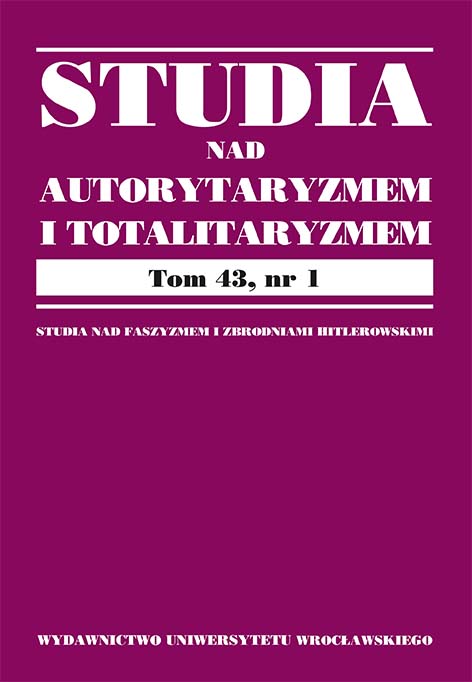

Articles

The study deals with the politicization of the hooligan nature of the crime in the initial period of the functioning of this structure in the Polish social and legal reality after World War II. The political entanglement of such behaviors, their ideologization and perception through the prism of attacks on the foundations of the new socio-economic system was undoubtedly influenced by the origin of this circumstance. The politicization of hooligan behavior in the Soviet reality — from where this structure was transplanted into the native reality and ultimately the legal order — had had a long tradition at that time. Over two decades of experience in demonstrating the “class” nature of such behavior, its “counter-revolutionary” basis and the “anti-systemic” motivation of its perpetrators were reflected in the statements of some of the interpreters of hooliganism in Poland at the turn of the 1940s and 1950s. Analyzing the literature and judicial decisions from this period, attention was drawn to the scale of the politicized exegesis of this concept and its reminiscences in the later periods of its functioning in the domestic criminal law system. At the same time, the exponential trend was not omitted, which more or less firmly disregarded the relationship between hooliganism and politics.